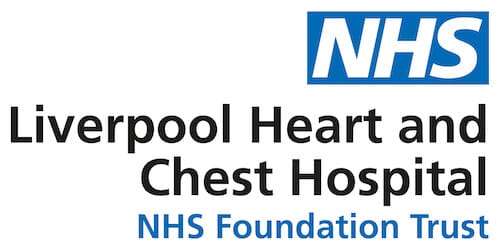2022 Research Award
Understanding the impact of time on inflammation and post-repair aortic healing

Project Overview
Acute type A aortic dissection (ATAAD) is a medical emergency that requires immediate surgical repair. A rate of 1-2% mortality for the first 24 hours without treatment is commonly quoted. The reasons for poor outcomes in ATAAD are complex with patient presentation ranging from stable to critically ill depending on factors such as organ malperfusion.
In most cases, the amount of time between presentation and treatment is extremely important.
Unfortunately, the symptoms of ATAAD are varied and this often leads to a delayed diagnosis for frequent illnesses like acute coronary syndrome.
Inflammation is associated with ATAAD. A thorough analysis of current literature reveals that local tissue inflammation within the injured aorta wall is obvious, and elevated levels of systemic inflammatory indicators, such as the neutrophil to lymphocyte ratio, are linked to poorer clinical outcomes.
After tissue damage, an inflammatory reaction takes place. This is a dynamic process that rises to a peak before resolution and healing, which involves the gradual recruitment of various cells and proteins. Early tissue injury responders, neutrophils, can aggravate inflammation by producing neutrophil extracellular traps (NETs). The significance of this production in cardiovascular disorders is becoming increasingly apparent.
The management of dissection, including the timing of additional operations, depends on the healing of the aorta wall and dissection flap. The ability to predict postoperative healing and discover correlations between time to intervention and the inflammatory response may be achieved by understanding the profile of inflammatory biomarkers in the context of time.
Project Aim
This project will analyse the relationship between systemic and local inflammation and assess the effect of time from the dissection event to surgical repair on the inflammatory response. The project aims to evaluate how inflammation affects aortic wall healing and the development of the remaining dissection flap over the first year by understanding this link. It is hoped that this should help to enhance the timing of subsequent therapies. Improved prognostic risk prediction may result from the discovery of a novel possible biomarker that can predict this interaction between inflammation and remodelling.
Results will be due in early 2024 with the plan to use this pilot data to develop a larger prospective study. This project will also form part of a research publication that will be presented at a suitable scientific meeting, such as SCTS or EACTS.
Project Lead
Sarah Shirley
Liverpool Heart and Chest Hospital NHS Trust, UK
Sarah Shirley is a Senior Clinical Perfusionist at Liverpool Heart and Chest Hospital NHS Trust with a particular interest in perfusion techniques for aortic surgery. Additionally, Sarah has an interest in aortic disease research and is currently a part-time PhD student in the Institute of Systems, Molecular and Integrative Biology, Faculty of Health and Life Sciences, University of Liverpool. Sarah is investigating the role of inflammation in aortic dissection for her PhD with a view to understanding the impact of time to diagnosis on longer-term clinical outcomes.

Join the research panel
Do you want to be a part of this study and others like it? Your insight and perspective as an AD survivor or family member who has lost a loved one to the disease are invaluable.

Privacy Policy | Accessibility
The Aortic Dissection Charitable Trust
Registered charity in England & Wales No. 1191420
Registered charity in Scotland No. SC051517
PO Box 812, Hope Valley, Chesterfield S40 9QY
The information and materials on this site are for general information purposes only. This site is not designed to provide individual medical advice, diagnosis or treatment. If you have any concerns, please speak to your GP. If you believe you have a medical emergency, call 999 immediately.

